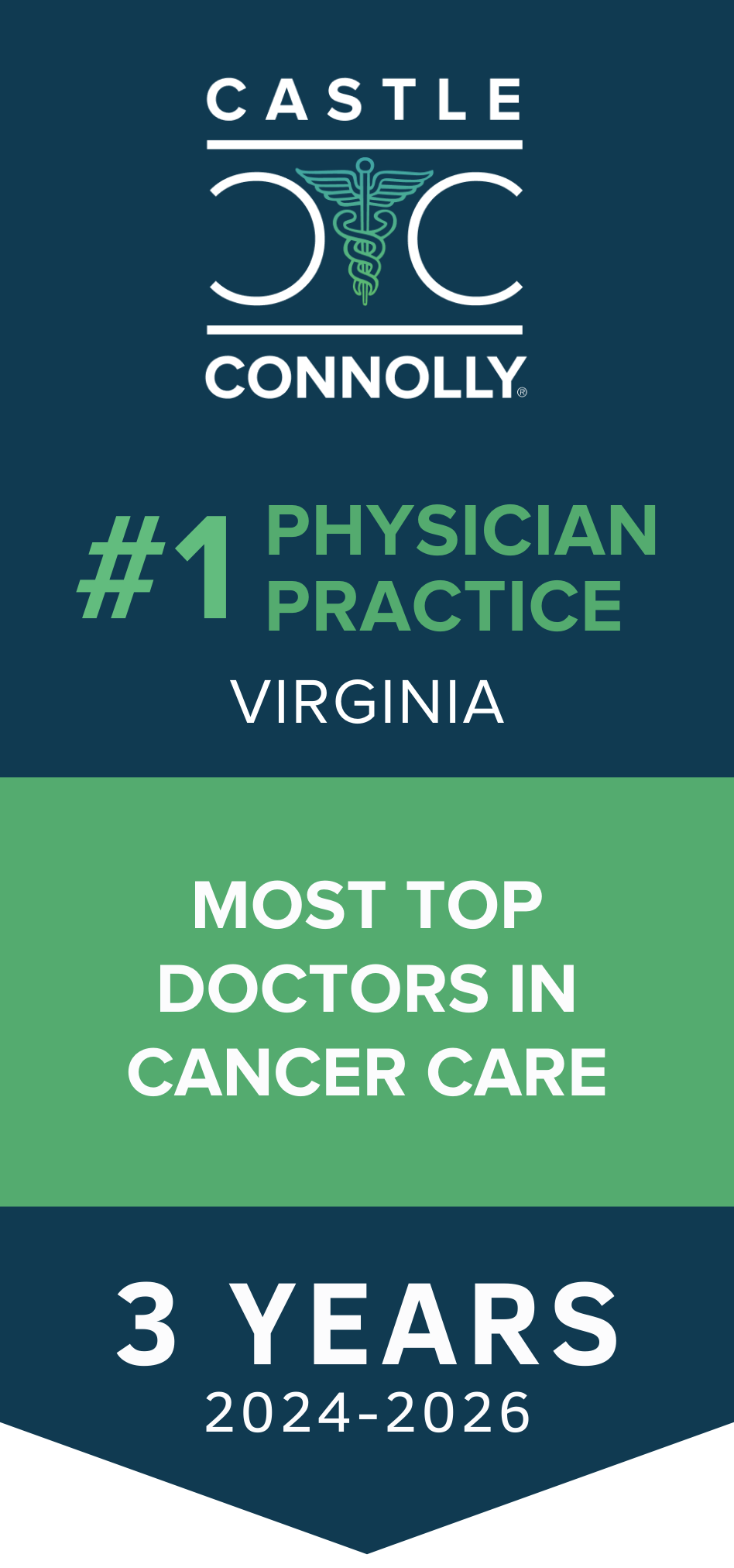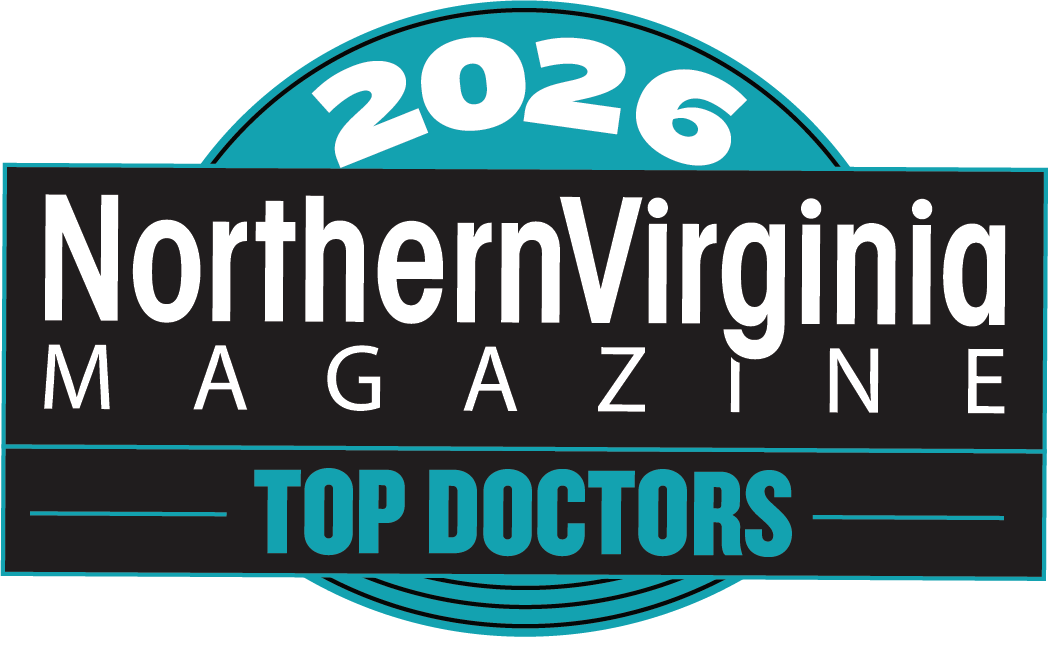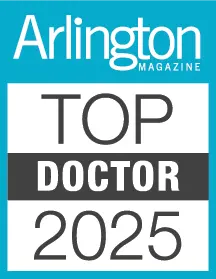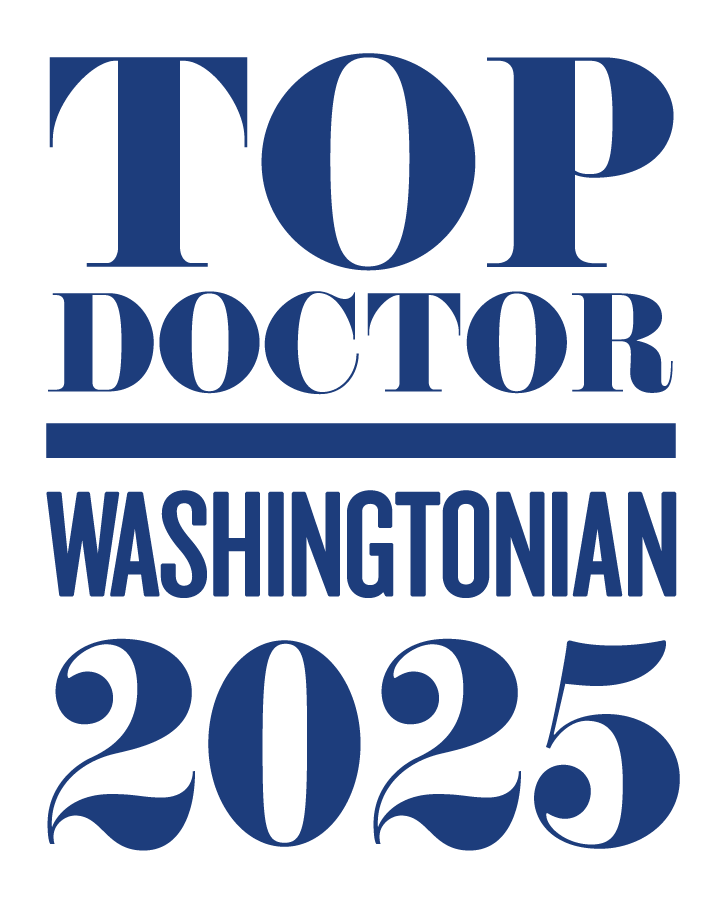After a cancer diagnosis, the life you have led up to this point will never be the same; it can actually be a lot better. Our experience with our patients finds that the majority actually have more joy, purpose, gratitude and overall satisfaction with their “new” life after treatment. These people make a personal choice to not let cancer define them in a negative way.
We have talked with hundreds of our patients, and here are some helpful suggestions:
- Be an educated patient—Trust your health care providers and trust yourself! Research on respected websites— www.cancer.net; www.cancer.org; https://www.cancer.gov/resources-for/patients; www.nccn.org; www.lifewithcancer.org; www.survivornet.com. Do not be afraid to ask questions or even ask for second opinions. Your level of trust with your team is a game changer in this journey! Take advantage of educational opportunities. Some examples: Life with Cancer (free resources, exercise classes, nutrition classes, counseling, support groups, etc); Virginia Cancer Specialists (VCS)– dietician, social work services, etc.
- Be supported as much as possible: Lean into your infrastructure of comfort, support and love (family, friends, co-workers, loved ones, pastor/priest) and ask for help. Bring someone to your appointments so they can take notes, ask additional questions, etc., which will help you process the information more accurately. We recommend your personal mantra (positive phrase) in the initial stages of your diagnosis and treatment should echo the following: “I can’t do everything 100%.” Some people will associate a cancer diagnosis as a need to become a “super survivor” and place even more demands/requirements on themselves. This mindset creates more stress, can be harmful to your recovery, and can even be unattainable. Your need for assistance is NOT a sign of weakness. It actually provides comfort not only for you, but for those involved with your journey. This is a time to learn to RECEIVE help.
RECEIVING THEORY: Ask for Help
If someone asks you to do something to help them, what is your typical response? Most people respond with a “Yes, I will help you.” Why? Because helping others truly helps each of us feel needed and fills a purpose in our lives. Try putting the shoe on the other foot for a moment and imagine if NO ONE ever asked for your help? Or worse yet, they turned you down when offering assistance. How would that make you feel? To be honest, probably sad and disconnected. Most of us love to be the ones who help—not the other way around. So, if you need help and you actually ASK FOR HELP, YOU are helping others fill a need and are actually helping them with their life’s purpose. This is such an important paradigm shift in the way many of us think, but is actually a WIN-WIN situation. Don’t deny others that feel-good opportunity to help you in some way!! Receive their help without guilt and truly believe you are contributing to their joy when you allow them to help you!! A thank you and/or a hug on your part will be all they need.
- Spiritual and Emotional Health/Well Being—Whatever your source of peace, inspiration, guidance—spend time every day being grateful, thinking of others, looking outside of yourself and your situation.
EVERY DAY:
a. Do a small act of service
b. Thank someone
c. Compliment someone
d. Get or give a hug, if possible
This takes your mind off of yourself and actually increases your “happy hormones”—like serotonin, oxytocin, and the like. Studies show people live longer and happier lives with frequent mindful gratitude and human touch. Being around happy/fun people who make you laugh is excellent medicine. Ask friends/family to send you humorous emails/jokes, journal, watch funny movies/shows or listen to your favorite music can lift your spirits.
- De-stress your life as much as possible by removing negative influences and/or people and find tools to deal with those negative influences (set boundaries, learn to say no without guilt, set limits with people). Oncology counselors are trained to give you words to use to help create healthy boundaries.
Stress Relieving Techniques—Meditation (Headspace app, etc.) , yoga, mindfulness, exercise, getting out in nature, hiking, gardening, prayer, spending time with family/friends, removing yourself from negative influences.
- Physical Health—
a. Maintain a healthy weight and BMI (20-24.9)— Move, move, move!! The more you move, the more you move! MOVING INCREASES FLOW AND FLOW INCREASES ACTION AND ACTION PUSHES THE FEAR YOU MAY HAVE INTO THE BACKGROUND. The motion is the lotion! Regardless of the aches and pains from treatment or aging, the more sedentary you are, the stiffer and less energy you have and more weight you gain. Exercising 150 min/week (aerobic), 75 min (vigorous)– (www.health.gov/paguidelines; www.aicr.org), also helps improve brain function (cognitive health and lessens susceptibility for depression, alzheimers, chemo brain!). Move more and sit less!
b. Eat a predominantly plant based diet (Mediterranean Diet)—www.aicr.org; See Nutrition and cancer blog: 10/03/2018 https://blog.aicr.org/2018/10/03/nutrition-guidance-during-treatment-for-breast-cancer/?_ga=2.1996470.687886305.1539613828-1354564302.1523039517; Mayo Clinic Website Healthy Lifestyle; Nutrition resources (see #1), mindful eating (don’t eat on the run, limit distractions during meals, chew your food well, enjoy the flavors and textures, eat slowly to aid with digestion and feeling full.)
c. Drink at least 60 ounces (oz.) of water daily! With every cup of coffee/tea/caffeine drink, add 8 oz. of water to that 60 oz. minimum.
d. Stop and listen to your body often and take time to address negative physical and emotional feelings as it impacts all of the above.
e. Don’t smoke or drink alcohol regularly. Recent studies have linked alcohol consumption to many diseases. How do you know how much you can drink? Numerous resources exist on this subject including those listed below.
FOR CURRENT INFORMATION ON THE SUBJECT, REVIEW:
- https://www.mdanderson.org/publications/focused-on-health/September2017/alcohol-breast-cancer-risk-what-to-know.html
- https://www.ncbi.nlm.nih.gov/pmc/articles/PMC3307043/
- https://www.aicr.org/reduce-your-cancer-risk/diet/alcohol-and-cancer-risk.html?_ga=2.200119721.687886305.1539613828-1354564302.152.3039517
There is now strong evidence that alcohol increases the risk of several cancers, including cancers of the mouth, pharynx, larynx, esophagus, liver, breast, stomach and colorectum. Even small amounts of alcohol consumed regularly increase the risk for certain cancers, such as breast.
Scientists are still researching how alcohol causes cancer. Ethanol, the alcohol found in drinks, is a recognized carcinogen that may lead to DNA damage. When you drink alcohol, your body breaks it down into a chemical called acetaldehyde. Acetaldehyde damages your DNA and prevents your body from repairing the damage. DNA is the cell’s “instruction manual” that controls a cell’s normal growth and function. When DNA is damaged, a cell can begin growing out of control and create a cancer tumor. Alcohol could also reduce folate absorption or help potential carcinogens enter cells. https://www.cdc.gov/cancer/alcohol/
For cancer prevention, AICR recommends not to drink alcohol. However, AICR recommendations recognize that “ modest amounts of alcohol may have a protective effect on heart disease and type 2 diabetes. If you do drink alcohol, limit your consumption to no more than two drinks a day for men and one drink a day for women. Alcohol appears particularly harmful when combined with smoking.”
The International Agency for Research on Cancer (IARC) now classifies alcohol as a Group 1 carcinogen (like tobacco). The World Health Organization estimates that between 4 percent and 25 percent of cancers are attributable to alcohol worldwide.
f. Sun Exposure—Wear sunscreen; limit to 15 min. a day without sunscreen outside. If you are out longer, apply an SPF of 30 and reapply often.
g. Osteoporosis/Osteopenia—Get a baseline Vitamin D level per your MD and eat foods rich in Vitamin D –recommend 2000 IU daily and Calcium (1200 mg/day) from foods (spinach, wild caught Atlantic salmon (988 IU/3.5 oz.), Herring/Sardines; Cod Liver Oil (450 IU/tsp); Canned Tuna (236 IU/3.5 oz.)—6 oz. per week due to methylmercury toxin concerns; oysters; shrimp; organic egg yolks (up to 6,000 IU/yolk); certain mushrooms); Fortified foods (cow’s milk, soy milk). It’s important to know your baseline Vitamin D level (20-50 ng/ml is normal range in healthy adults).
h. Annual Blood pressure screening, Cholesterol, Diabetes per PCP
i. Dental and Eye Exams annually
j. Annual flu shot, Shingles shot at 60; Pneumococcal Polysaccharide (PPSV23) at 65
k. Cancer Screenings: Skin checks yearly; Colonoscopy (age 50 if no Family History); Pap test per Gynecology
l. Lymphedema or post operative side effects—Monitor for extremity swelling, pain, decreased range of motion—we can measure fluid in your body in our office and refer you to a lymphedema specialist/Physical therapist for evaluation and treatment if there are concerns.
m. Sexual changes—Life with Cancer Resources; discuss with your health care providers.
n. SLEEP: Sleep is underrated!! It is so important for good health, weight management and healing. The CDC recommends 7 hours/night of restful sleep. 2 consecutive days of less than 7 hours of sleep is considered SLEEP DEBT. Immune function is impaired, adverse metabolic effects (diabetes, obesity, weight gain). Our cells are healing and regenerating when we sleep. It is such an important part of staying well and healthy!
The following 8 items are a guide to building resiliency:
- Be in caring-supportive relationships (trust-love).
- Assist others (help in time of crisis).
- Accept change (life changes and the way we choose to react to change makes the difference).
- Set goals (set a goal every day as opposed to being stuck. Do it!).
- Take decisive action (even if small actions, but with controlled deliberation)
- Self care (Remind yourself that resiliency is built in you).
- Optimism (work with therapist if not optimistic/hopeful). It will benefit you.
- Facing fears (leave your comfort zone; take a different road; try changing things up on your terms; be a little more adventurous).
We are here to help you every step of the way on your journey, from the time of your diagnosis, during and after your treatments. We want YOU to own your choices and make the BEST CHOICES FOR YOU to move forward and live a full, productive, joyful life!
We have all had common illnesses in our lives, while some of us have had serious and chronic diseases. And when we do, we hurt, we treat it, and often we get better, but often we must live with our difficult diagnoses. And whatever we’ve each faced in our lives, we’ve had to confront the problem and move forward. And cancer is no different. GETTING BACK INTO LIFE as optimally as possible is the goal. It is up to YOU to be educated about your journey and make the best choices for YOU! We are here to provide you with the best medical advice, resources, and options possible which will enable you to live PURPOSEFULLY, GRATEFULLY, and as JOYFULLY as you can.
POST TRAUMATIC GROWTH is:
- Development beyond your cancer journey.
- Better skills to function in day to day life.
- Changing towards more positive thoughts and emotions.
- Changed sense of who you are:
- May change direction, set boundaries, say “no” if necessary.
- May change your friends, your job, your lifestyle, etc.
- Being more positive.
- Having increased compassion for others.
- Greater ease at expressing yourself.
- Being strong mentally (realizing you can do more than you once realized and have appreciation for your gifts).
Some GIFTS from Cancer journey:
– New friends – New interests – Deeper faith – More appreciative –
– Compassion – Desire to help others in their trials –
A good resource on survivorship: https://www.cancer.gov/about-cancer/coping/survivorship
Author: The Fair Oaks Breast Surgical Team
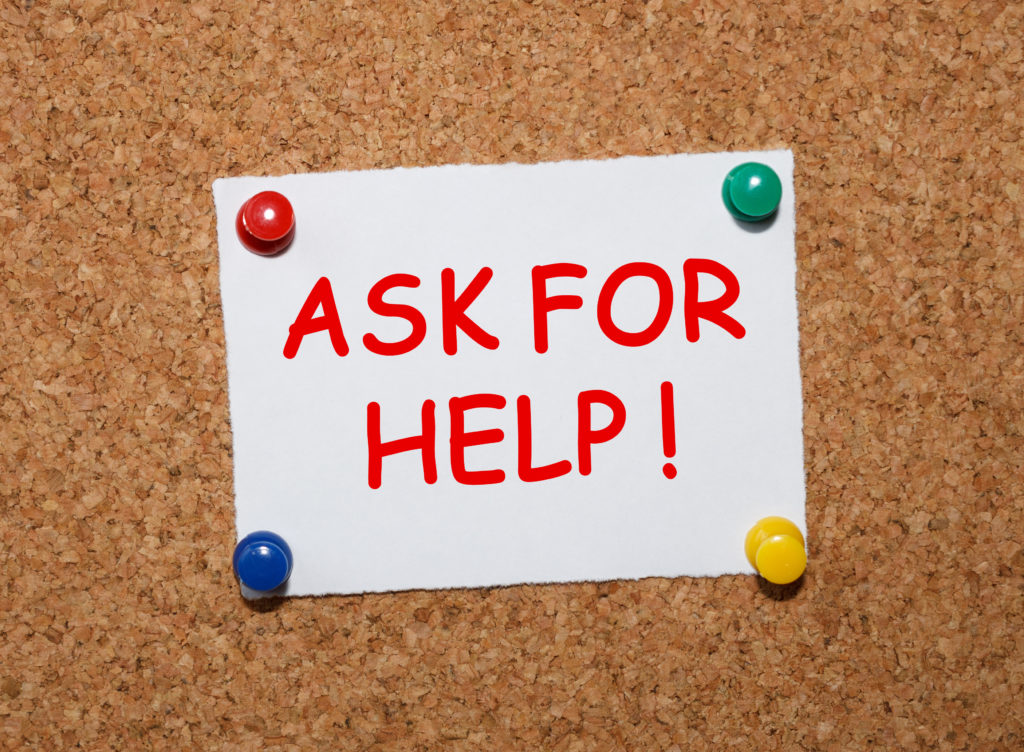
When you ask for help, you are helping others to fulfill their life’s purpose by providing support and care to a loved one.

Stress Relieving Techniques—Meditation (Headspace app, etc.) , yoga, mindfulness, exercise, getting out in nature, hiking, gardening, prayer, spending time with family/friends, removing yourself from negative influences.
TAKE HOME MESSAGE:
This experience can help you learn to make more empowering choices so you can move forward and live a full, productive, joyful life.



